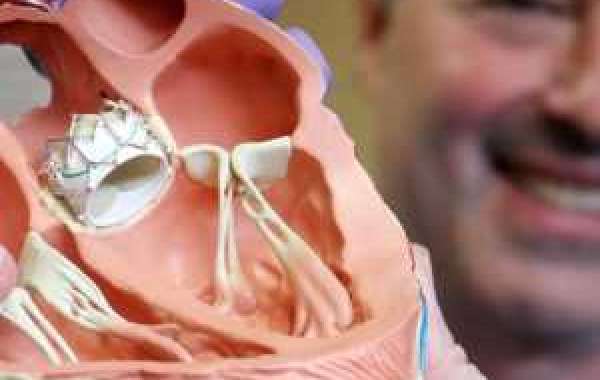What is heart valve replacement?
This surgery is needed when the heart valve does not work properly. A heart valve may not open or it may have problem closing. In such a condition, blood does not move through the heart chambers properly. If the valve does not open properly, lesser blood moves across the chambers and if the valve does not close properly, blood may leak back. All these circumstances lead to the heart doing extra work to pump the same amount of blood. Or the blood may back up in lungs or body as it is not moving through the heart. During the heart valve replacement surgery, one or more valves are replaced. Therefore, there are different types of heart replacement surgeries namely mitral valve replacement, aortic valve replacement and others. Replacement procedure removes the diseased valve and placing the new valve.
Heart Valve Replacement Preparation
For heart valve replacement surgery to begin we require detailed information about all the reports in form of a medical questionnaire, pulmonary test, ECG and blood work; angiogram is few cases. All this information helps the doctors to understand the patient’s situation better. The doctors then give specific instructions about the diet change which should be followed before surgery.
How is heart valve replacement done?
Traditional heart valve replacement involves an incision making down the center of breast bone or sternum in order to get the direct access to the heart. The surgeons then start repairing or replacing the diseased valve.
Minimally invasive heart valve replacement
In this type of surgery, very small incision are made while heart valve replacement procedure. This kind of surgical procedure reduces trauma, blood loss and time period of hospital stay. Minimally invasive heart valve replacement surgery is most common among other heart surgeries. Prior to the surgery, your surgeon will see all the test reports.
Heart Valve Prostheses
There are two kind of prosthetic heart valves. Mechanical valves are man-made materials. They require an anticoagulant or blood thinner along with lifetime therapy. This type of medication prevents blood clots around the valves. Biological Valves are taken from pig, human donors or cow. The life of these valves is not as long as mechanical valves, however, when these are used, lifelong use of anticoagulant is often not needed.
Heart Valve Replacement Recovery
The patient is kept hospitalized for 10 days post surgery and in the meantime the heart rate and blood flow is monitored keenly with the help of devices. You will be prescribed anticoagulants in order to prevent blood clotting, relax the heart arteries and protect against coronary spasms.
Visit: https://marlinmedicalassistance.com/treatment/heart-valve-replacement/








